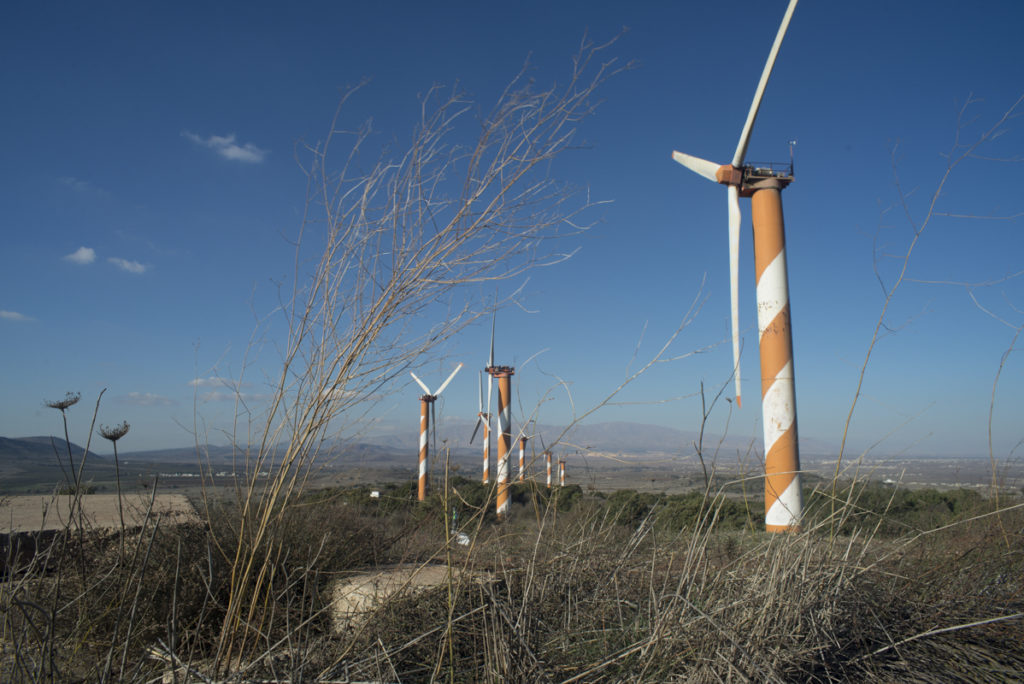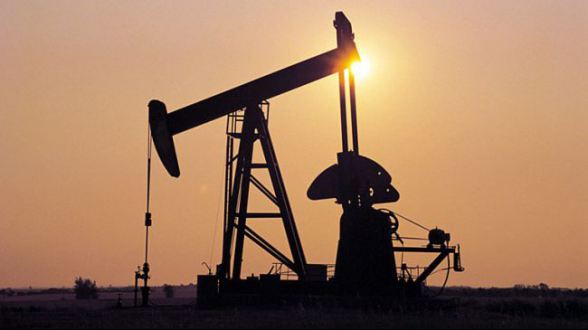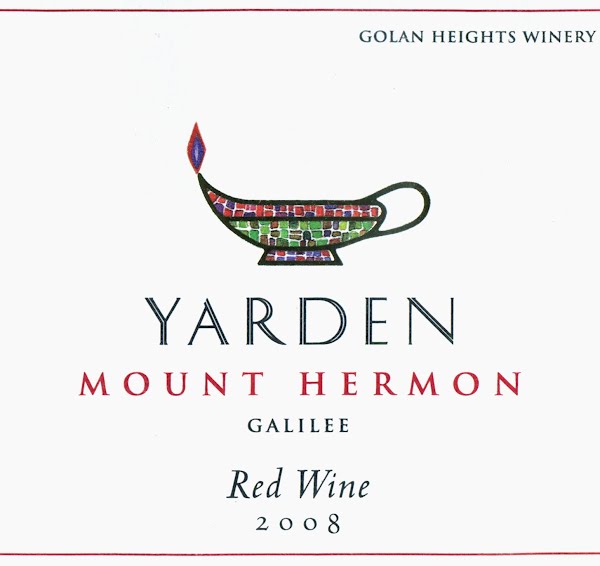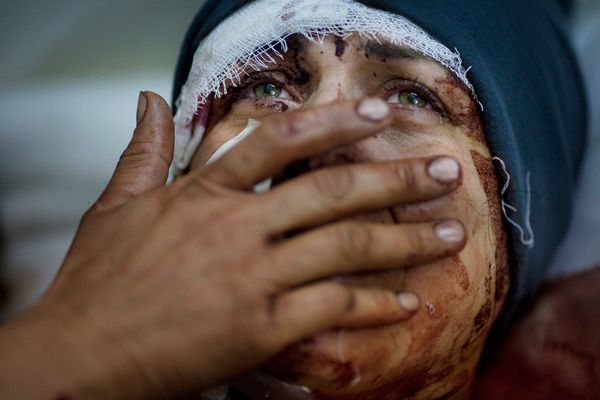
Amid new threats against project opponents, Energix continues to develop its illegal windfarm in the Occupied Golan
An Israeli news programme recently reported that Syrian opponents to a windfarm project being developed on Syrian farmland in the Occupied Golan have received threats from project supporters. The Israeli police are apparently investigating the threats, but have not yet provided any updates.
Despite countless objections by the Syrian population, in January this year the Israeli government approved the construction of 24 wind turbines¹ on Syrian farmland near three of the remaining Syrian villages in the Golan. Israeli energy company, Energix Ltd. (‘Energix’), is developing the windfarm, which will compliment existing projects / those in development in Israel, the Occupied Territories, the United States, and Poland.
Numerous human rights activists – including Al-Marsad staff and supporters – and opponents of the project have received death threats and threats of physical harm from supporters of the project over the last two years.
Energix is suing Al-Marsad – the only human rights organisation in the Golan – under Israel’s controversial ‘Anti-Boycott Act’ in an attempt to silence the organisation and others who express concerns about the project’s legality and impact on the Syrian population. Despite not engaging in or supporting ‘Boycott, Divestment, Sanctions (BDS)’ related activities, Al-Marsad has the misfortune of being the first human rights organisation ever sued under this law. If the lawsuit is successful, Al-Marsad would likely have to end its work.
The case is currently under review by the Nazareth Magistrate's Court. However, following an initial hearing in February this year, subsequent hearings have been postponed twice, first due to Covid-19 restrictions and most recently at the end of September due to Israeli holidays. A re-scheduled hearing is due to take place on 24 November 2020.
Al-Marsad believes the case could last up to two years, creating significant financial pressure on the organisation and diverting precious time and financial resources away from its vital human rights programmes and activities.
As Energix attempts to silence Al-Marsad through a baseless lawsuit and project supporters threaten community members, Energix is trying to obtain the final permits required before construction can start. Syrian farmers and community members, with the assistance of a private law firm, are desperately contesting the granting of these permits before Israel’s National Infrastructure Committee. Meanwhile, Energix continues to visit Syrian farmland – accompanied by Israeli police – to demarcate project sites. Successive Covid-19 lockdowns are limiting the Syrian population’s ability to organize and contest these visits and the overall project, and Energix, well aware of this, is moving fast to be able to start construction.
Given the gravity of the situation, Al-Marsad calls on the United Nations, European Union, and Member States to address the flagrant violations of international law occurring in the Golan with the Israeli government; organise a fact-finding visit to the Golan to understand the impact of the project and other systematic human rights abuses; and support human rights defenders in the Golan through training, funding and court monitoring attendance.
1. In addition to a further six more pending final approval.
Releated Posts





